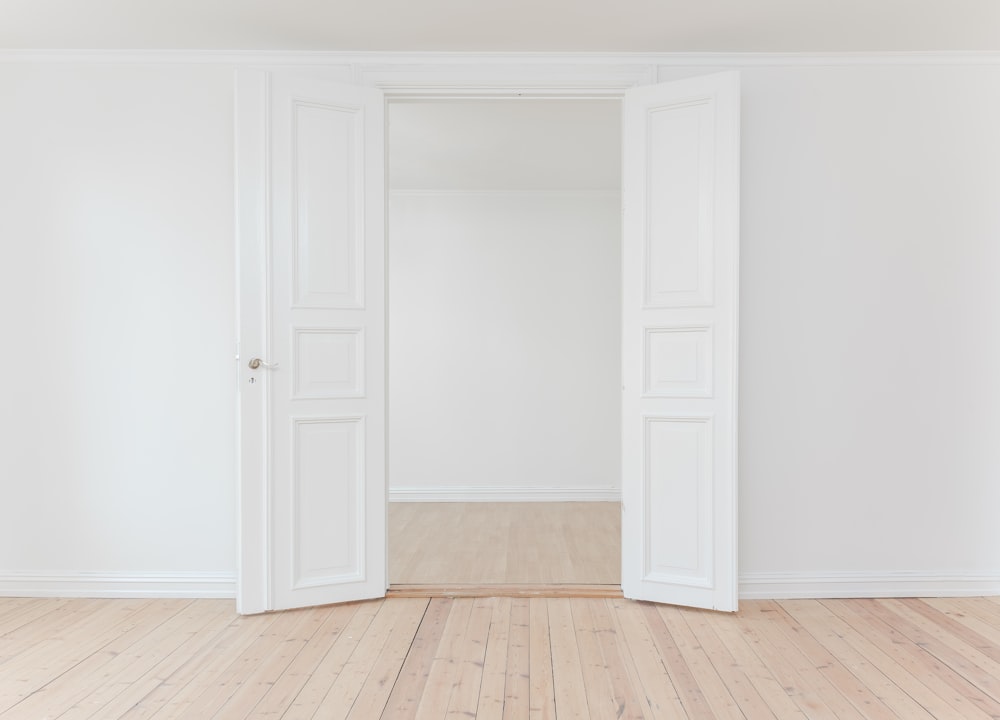Frequently Asked Mortgage Questions
Frequently Asked Mortgage Questions
 There are many quarries that need to be taken care of before applying for a mortgage to buy a new property. The most frequently asked mortgage question is “what shall I need to know before purchasing the property?” Well, here are some methods that can save you time, money and pain.
There are many quarries that need to be taken care of before applying for a mortgage to buy a new property. The most frequently asked mortgage question is “what shall I need to know before purchasing the property?” Well, here are some methods that can save you time, money and pain.
Always plan before, establish good credit ratings and secure enough money to put down the down payment and closing cost. Stick with the budget you made. Find out what you require in a home, how long will you be staying there? Do you have a growing family? What kinds of school are there? Examine each and every prospect before you jump in. keep your day job stable. If there is a career move you are planning for the future then make that move after your loan is approved. Lenders always tend to seeks for a stable employment history. Keep everything stable, it will make the process easier. Try keeping your debt low by not adding anything to it because an increased debt means less chances of qualifying for the loan.
Some more frequently asked mortgage questions are how costly of a house can I afford? This will be totally determined on how much cash you put down and how much the creditor will lend you. It includes two thumb rules. First, is you can afford up to the 2 A� times of your annual income. And second, monthly payments should be A� of your gross pay or A� of your take home pay. How much of the cash I need including down payment and closing cost? Usually, if you put more cash down, your mortgage will be lower. Furthermore, depending on your mortgage you can put as small as 3%. Also, be prepared to pay 3% to 6% of the loan amount for closing cost. To save for this you can request the seller to pay some of these cost, as the lender will add these to the price of the house and it will be financed with your mortgage.
One more frequently asked mortgage question is how much mortgage can I expect? This will be determined by your lender by looking at your income and the amount of your existing debt when evaluating your loan application. For this they use two ratios as parameters, firstly, housing expense ratio i.e. your PITI payments (Principal, Interest, Taxes and Insurance) which shall not exceed 28% of your total gross income. Secondly, debt to income ratio i.e. your long term debts should not be exceeding more than 36% of your monthly gross income.
Lenders are also humans and they are not so rigid. These are just the parameters. If a large down payment is made by you or the amount of the rent you are paying is close to your proposed mortgage then lenders can bend a little. A lender can also ask for the two months of mortgage payment in your savings. These are the some frequently asked mortgage questions by reading this section you must have got some idea of what you have to do now.



